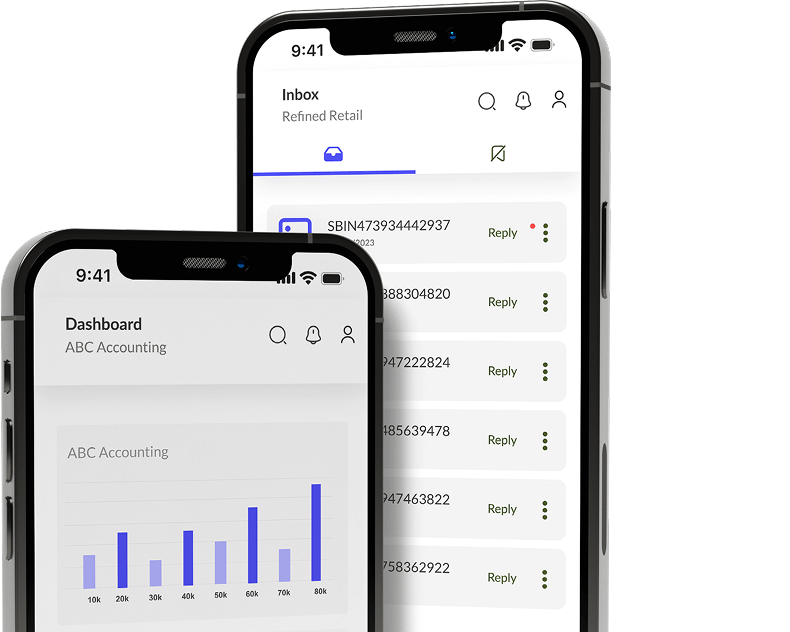Money is tricky in your 20s.
You start earning, but you also start spending. And suddenly there are rent, loans, taxes, and investments to figure out. You weren't taught this stuff clearly in school. Now you're expected to just get it right?
But let’s get straight to the point. Here are 10 realistic financial strategies for people in their 20s:
1. The Salary Split Strategy
Divide your monthly paycheck immediately:
50% essentials (rent, groceries, bills)
30% savings/investments
20% guilt-free spending
Why? Because budgets only work if they're clear and automatic. This strategy does exactly that.
2. The Debt Snowball Method
List your debts from smallest to largest. Pay off the smallest debt aggressively first. Move to the next debt, rolling the payments forward.
Sounds odd, but paying small debts first gives quick wins. And that momentum keeps you going.
3. The One-Year Emergency Fund
Aim to have enough savings to cover one full year of essential expenses by age 30.
Emergencies happen. Job loss, illness, unexpected bills. And having this fund means peace of mind, not panic.
4. The 'Save Raises, Not Spend' Technique
When you get a raise or bonus, don’t instantly upgrade your lifestyle. Instead, save or invest at least half of the extra income.
This prevents your spending habits from ballooning with every raise. And your future self will thank you.
5. SIP Early, SIP Often
Start investing monthly through SIPs (Systematic Investment Plans) into equity mutual funds as early as possible.
Small monthly investments early in your 20s grow faster and bigger than lump-sum investments later. It’s just simple math.
6. Invest in Skills, Not Just Stocks
In your early 20s, your best investment is yourself. Spend on skill-building like coding, digital marketing, finance courses, or certifications, or whatever you think could improve your caliber.
You might think saving is everything. But the truth? Growing your skills boosts your income far faster than any mutual fund will in the short term.
7. Play the Tax Efficiency Game
Understand tax deductions early. Invest in tax-efficient tools like PPF, NPS, or ELSS mutual funds right away.
Paying taxes is fine. Paying more than you should is not.
8. The Housing Affordability Benchmark
Keep your rent or EMI below 25–30% of your net income.
Housing often eats into savings potential. Keeping housing costs manageable leaves room for financial growth.
9. Get Basic Insurance Early
Buy health insurance and term life insurance while you’re young. Premiums are cheap, and coverage is easier to get.
Insurance isn’t glamorous. But the financial cost of being uninsured during a crisis can wreck your savings.
10. Regular Financial Check-ins
Every three months, pause and assess your money: spending patterns, savings progress, debts, and investment returns.
Without regular check-ins, money mistakes quietly pile up. Quarterly checks prevent that spiral.
But let's be real about financial literacy in India.
Most 20-somethings aren't taught finance properly at school. Thankfully, some colleges, employers, and NGOs have started stepping up. For instance:
Ashoka University offers practical finance courses on budgeting, investments, and taxes.
Companies like Accenture India launched the ‘Nudge’ app for employees’ daily financial guidance.
And there are many more examples like this if you go find them. Which is great, but relying only on others won't fix everything. Personal responsibility matters most.
If you ignore finances in your 20s, mistakes compound. And fixing these mistakes later is expensive. Waiting until your 30s to figure out money is costly, both financially and mentally.
Lastly…
You don’t need to become an expert overnight. However, when these strategies are realistically applied, they can genuinely change your financial future.




